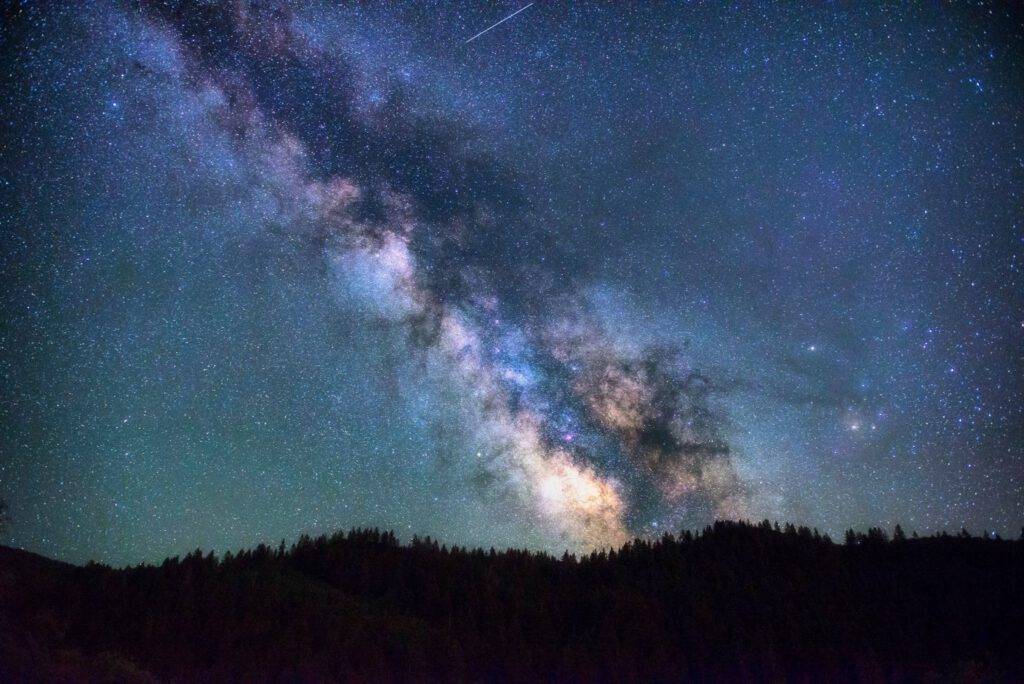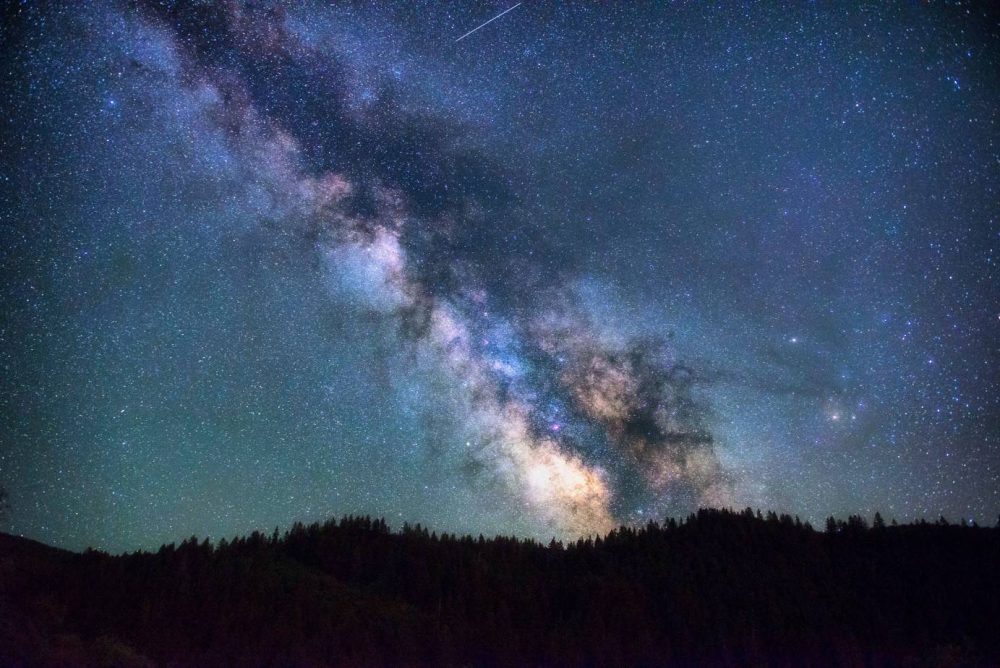Have you ever seen the Milky Way?
Issue #11


I personally haven’t and in total, a third of humans can’t. This is due to light pollution. Light pollution is defined as the “inappropriate or excessive use of artificial light”. We all know that light pollution is bad for the environment, but what problems exactly does it cause beside blocking us from seeing the stars and how can we help to fight it?
There are several areas of concern when it comes to light pollution. The first one is that it interferes with wildlife migratory and breeding patterns. The artificial light disorientates animals, for example birds and sea turtles, makes them more visible for predators during the night, and alters the nighttime environment of nocturnal animals by making night seem like day.
The next concern is that constant exposure to artificial light can cause problems for humans, especially for metabolism and sleeping patterns. The glare from bad lighting outside leads to unsafe driving conditions, especially for older drivers and drivers with bad eyesight.
And of course, it blocks the beauty of the night sky from being seen. In total, 83 % of the world’s population lives under light polluted skies and therefore can’t appreciate the true beauty of the night. Unnecessary outdoor lighting also wastes energy and contributes to greenhouse gas emissions.
On March 27 this year, people from all over the world came together to show their support to the fight of climate change during Earth Hour. This event happens every year and this year broke all records. 192 countries and territories participated, many public figures and celebrities also supported the event. During this event individuals, communities, and businesses are encouraged to turn off all non-essential lights for one hour from 8.30 to 9.30 pm on a specific day towards the end of march. This event creates awareness to climate change, but also to light pollution. It shows people how polluted our sky really is and how beautiful it can be if we all pay a little more attention to our lights.

So, what can we do to fight light pollution? If you have outdoor lights at your home, an option would be to place motion sensors on them instead of leaving them on the whole evening or night. This way, the area is only illuminated when it is really needed.
The most obvious way to fight light pollution is something that everyone can do: turn of your lights when you don’t need them. People often leave lights on when they leave a room or forget to turn for example the light in the hallway out at night. This causes unnecessary light pollution and just being more conscious about switching lights at home on and off can make a difference. Plus, it can reduce your energy bill and carbon emissions.
#StayGreen 🌎🌿
Check out our Instagram! ☺️
